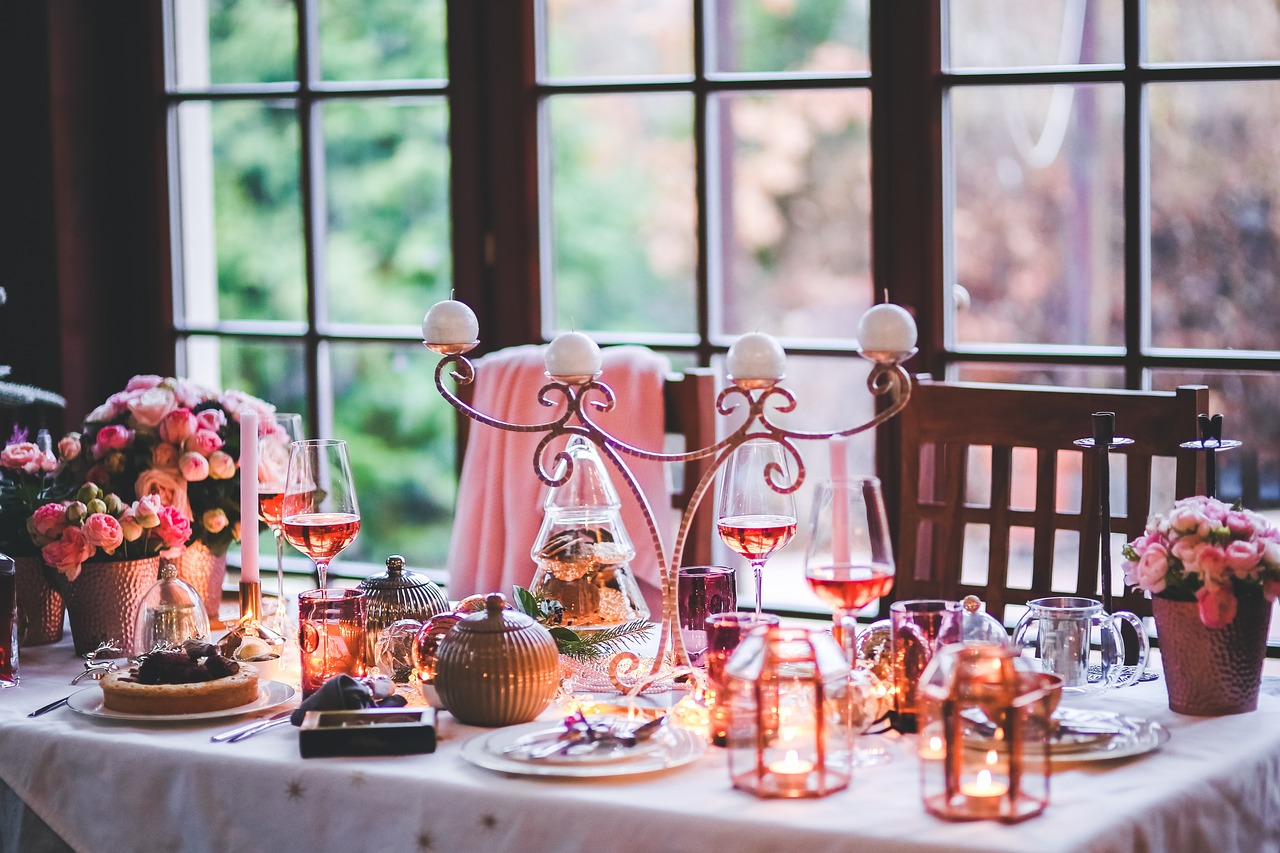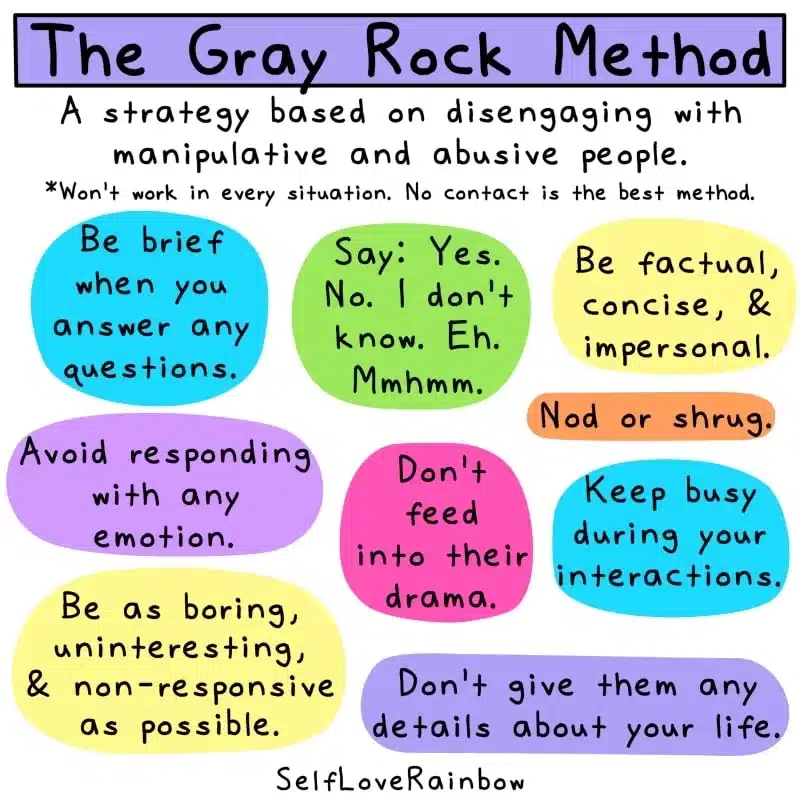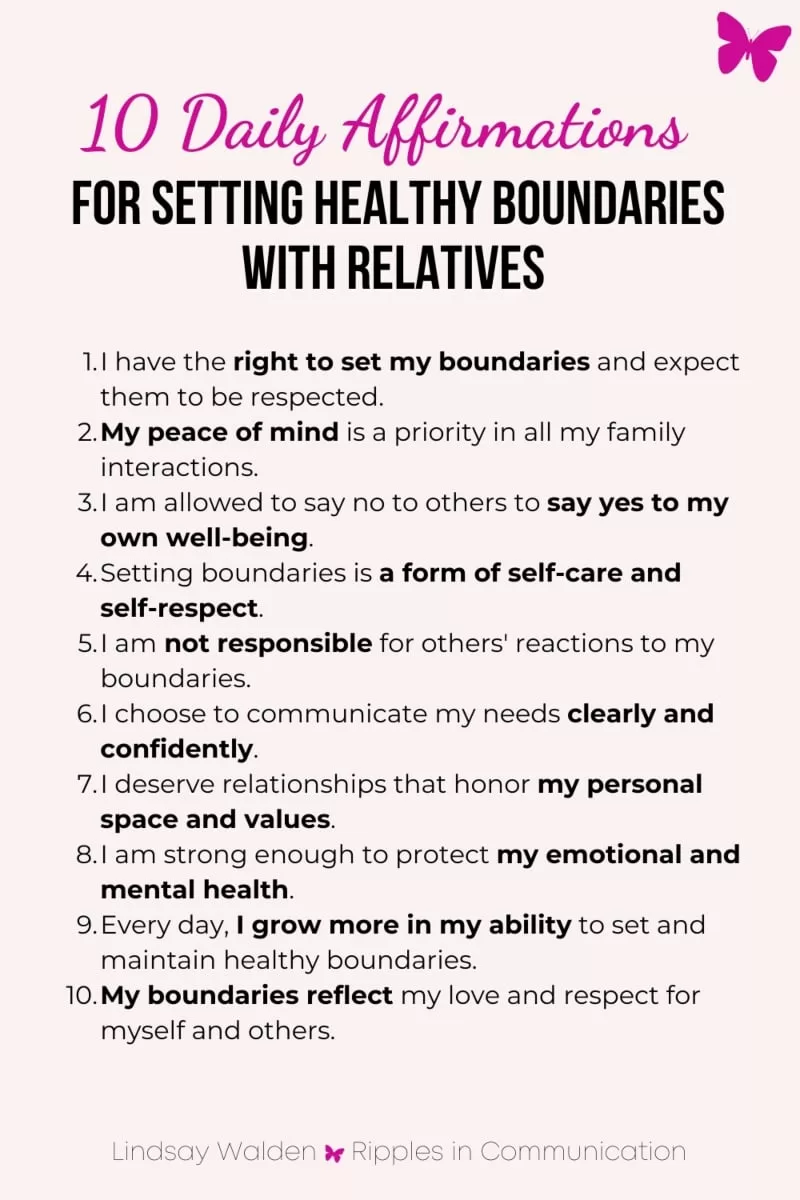The holiday season can feel like an exam if you are part of a narcissistic family system. For most people, the holidays are eagerly anticipated, a time of celebration everywhere.
However, for those born into narcissistic family systems, this is a period they dread the most. It’s the time when narcissists may trigger you, especially if they had limited access to you throughout the year.
This, after all, was the month in which families began tightening and closing and sealing; from Thanksgiving to the New Year, everybody’s world contracted, day by day, into the microcosmic single festive household, each with its own rituals and obsessions, rules and dreams. You didn’t feel you could call people. They didn’t feel they could phone you. How does one cry for help from these seasonal prisons?
―

It’s a season when narcissistic family may try to pull you back into their web, triggering past wounds and stirring up drama.
But here’s the good news—you don’t have to let them ruin your holidays.
In this guide, you’ll find five powerful ways to reclaim your holiday season and create the joyful experience you deserve despite having a narcissistic family.
Here are 5 ways to make your holidays happier despite narcissistic family dynamics:
1. Prioritize Your Peace: Spend the Holidays Without Narcissists (If Possible)
Let’s be honest—one of the best ways to avoid holiday drama is to steer clear of narcissists altogether. It may not feel easy, but choosing peace over obligation can be a game-changer.
If you have the option, consider spending the holiday season alone or with friends instead of with narcissistic family members who bring negativity.
There’s a strong societal narrative that we “should” gather with family for the holidays, but that’s often rooted in tradition rather than actual needs or happiness. Your well-being is reason enough to skip the holiday chaos and focus on yourself instead.

Many people feel grief over not having a supportive family to share the holidays with—and that’s normal.
Acknowledge that feeling but also realize that you have the power to create your own family circle or chosen family as time goes on.
In the meantime, spending the season alone or with close friends or with your chosen family can still bring fulfillment and joy.
Chosen families, often referred to as “found families,” are groups of individuals who intentionally come together to provide mutual support, love, and understanding, regardless of biological ties.
This concept is particularly significant for those who feel alienated or unsupported by their biological families, such as members of the LGBTQIA+ community and individuals facing mental health challenges.
Here are a few resources on the benefits of chosen families and why they matter:
https://www.charliehealth.com/post/what-a-chosen-family-is-and-why-its-so-important
https://centerstone.org/our-resources/health-wellness/chosen-family-matters/
https://fastercapital.com/topics/the-importance-of-chosen-family-and-friends.html
If a quiet holiday sounds appealing, focus on filling your time with things you enjoy, like baking, catching up on shows, or even volunteering if you want a sense of community.
Taking a break from narcissistic family dynamics might be the most refreshing way to spend the holidays.
2. Limit Interactions If You Have to Attend Family Events
If attending a family gathering with narcissistic relatives is unavoidable, setting boundaries and minimizing interaction can help you keep your sanity intact.
Do not share any good or bad news with narcissists. When you’re in the same space as a narcissist, it’s best to avoid sharing any personal news.
Keep conversations light and impersonal, and resist the urge to give them information that they could later use against you.
Don’t react; just respond. Narcissists often try to spark emotional reactions, so staying neutral—neither too cheerful nor upset—can help you avoid feeding their behavior. If they see you won’t react, they’re more likely to lose interest.
Keep your emotions neutral—don’t get angry, sad, or happy. If you want, you can always respond with a smirk without saying anything.
Don’t take any of their comments personally. Most of their comments are projections of their own insecurities.
Another helpful tactic is turning their provocations into a mental game for yourself. Count the number of times they make passive-aggressive comments, or how often they attempt to undermine you.
Finding humor in their antics can make the situation easier to bear.
Before arriving, set clear boundaries. Decide which behaviors are off-limits and give yourself permission to leave if things become too uncomfortable. Walking away without explanation can be a powerful way to stand your ground.
Prioritize your well-being, and remember you don’t owe anyone an explanation for protecting your peace.
Try to spend as little time as possible with such people. Leave as soon as you can.
The following infographic from SelfLoveRainbow explains “Gray Rock” technique for dealing with narcissists

3. Avoid Engagement Altogether if You’re Not Seeing Them This Season
One of the most effective strategies for protecting your peace is to avoid sending any gifts, cards, or holiday messages to narcissistic family members.
Instead, use that energy and money to treat yourself or someone you genuinely care about.
You might even consider donating to a charity in their honor—redirecting any holiday “obligation” into something positive and empowering.
When it comes to phone calls or texts, don’t feel pressured to respond immediately—or at all.
Give yourself time to consider if and when you want to reply. Keeping this control can prevent the feeling of being overwhelmed.
For a more complete break, consider blocking or muting them on social media, avoiding group chats, and staying out of “Family Groups.”
With fewer interruptions, you can focus on creating a holiday experience that’s truly your own.
The following infographic from Lindsay Walden gives daily affirmations for boundary setting with narcissistic family members.

The following articles give insights on boundary setting with difficult family members:
https://taylorcounselinggroup.com/blog/set-boundaries-for-difficult-family-members/
https://www.calm.com/blog/family-boundaries
4. Forge Your Own Holiday Traditions: Celebrate with People You Truly Enjoy
The holidays don’t have to look like the picture-perfect family gatherings you see on TV. Instead, create traditions with friends and loved ones who bring you peace and joy.
A great example of reinventing holiday traditions is the “Pilgrim Rick” episode from This Is Us.
The Pearson family, on their way to Thanksgiving, faces a series of mishaps: a flat tire and a disappointing lodge across the street from Rebecca’s parents’ home.
Frustrated with how Thanksgiving has always felt forced and chaotic, they create a quirky, unconventional holiday: an indoor picnic with cheese dogs and goofy stories. Over time, these new traditions become their own cherished rituals.
Just like the Pearsons, reclaim your holidays. Establish your own traditions with the people you love and cherish.

Creating your own rituals can be as simple or elaborate as you’d like.
Maybe it’s baking a unique recipe, watching a specific holiday movie, playing board games, or crafting handmade ornaments.
By forming these meaningful activities with those you love, you reclaim the holiday as a time that reflects your values, energy, and joy.
5. This Holiday Season, Be Kind to Yourself: Prioritize Rest and Self-Care
The holidays are a time to recharge, especially if you’ve experienced difficult family dynamics. Taking a few days just for yourself can be transformative.
Try to think of ways in which holidays can add more meaning to your life. Instead of dreading the festivities, look for moments of joy.
You might want to indulge in a favorite hobby, enjoy festive lights around town, or attend a community event that lifts your spirits.
It’s okay to acknowledge that your family might not be the supportive group you hoped for. Take time to grieve this, and then allow yourself to find meaning in your holiday season in ways that bring you peace.
Engage in self-care activities that help you de-stress and recharge.
After any challenging interactions, lean into activities that help you unwind and reset. Simple self-care routines, such as journaling, gentle exercise, or watching a favorite movie, can be grounding.
Self-compassion is key—remember, you deserve a holiday that feels restful and true to you.
Read more about self-care strategies here.
FAQs on Narcissistic Family
1. How do you recognize a narcissistic family?
A narcissistic family typically revolves around one or more members exhibiting narcissistic traits, often leading to dysfunctional relationships and emotional distress among other family members.
Characteristics of such a family may include emotional manipulation, favoritism, image maintenance, judgment and criticism, unhealthy competition, etc.
2. What are the 5 most common themes in narcissistic families?
The five most common themes identified in such family structures are: the neutral sibling, the needy sibling, the flying monkey, the withdrawn sibling and pseudomutuality.
3. How do you deal with a narcissistic family member?
By setting boundaries, seeking support, and prioritizing your well-being, you can manage the impact of their behavior on your life while maintaining your mental health.
Embrace a Holiday Season on Your Terms
Navigating the holidays within a narcissistic family dynamic is no easy feat, but remember, this season is about finding joy and peace in your own way.
By setting boundaries, limiting interactions, and surrounding yourself with people who lift you up, you’re reclaiming the spirit of the holidays on your terms.
The traditions you create and the time you take for self-care will help transform this season from something you dread into a time you can look forward to.
The holidays are yours to shape. Whether it’s finding solace in quiet moments, engaging with a supportive community, or starting new traditions that truly bring you joy, each choice you make is a step toward a healthier, happier holiday.
This season, choose what brings you peace and fulfillment—and let that be your gift to yourself.
For more information about dealing with Narcissists during the Holiday Season, go through the links below:
https://www.onemomsbattle.com/blog/the-narcissist-and-the-holidays
https://medium.com/beloved/why-do-narcissists-ruin-holidays-2b36ebcddf3b

